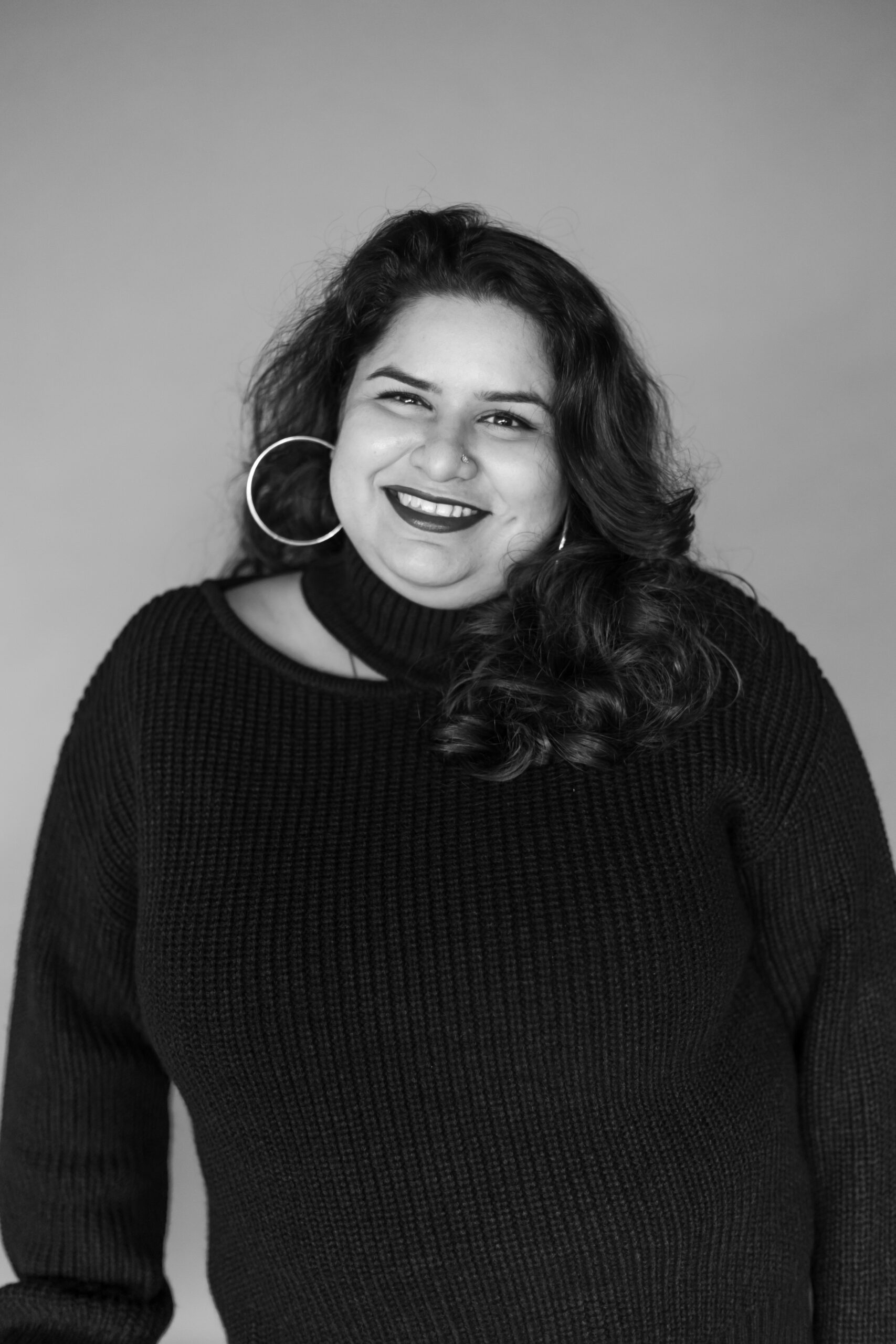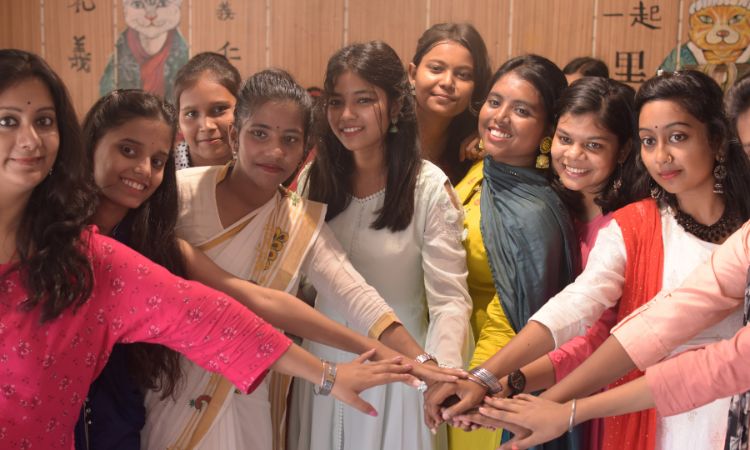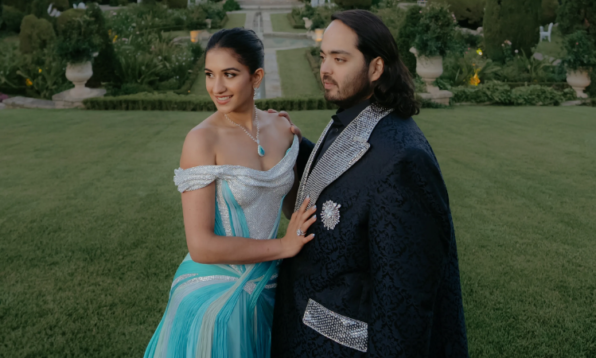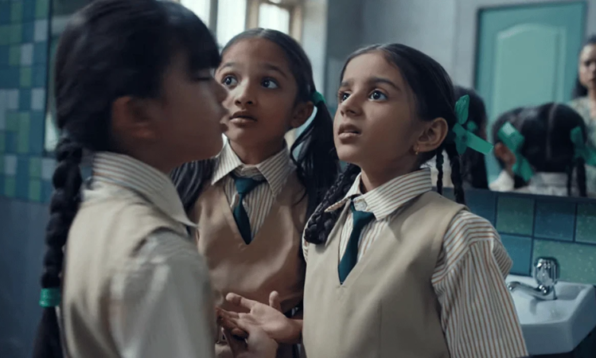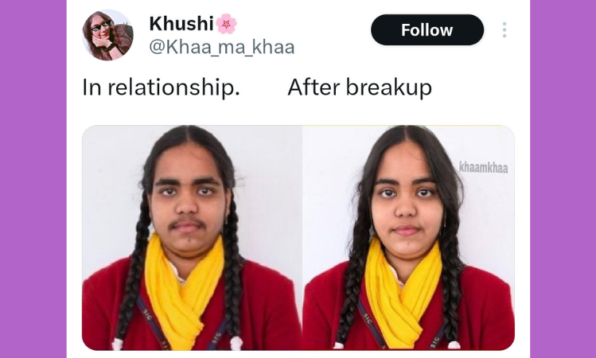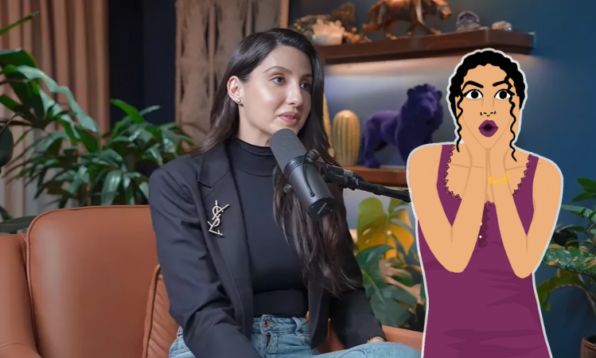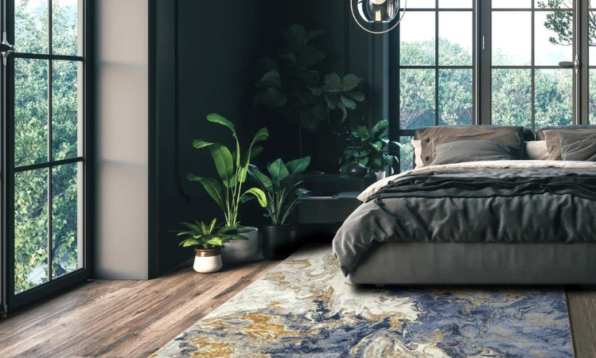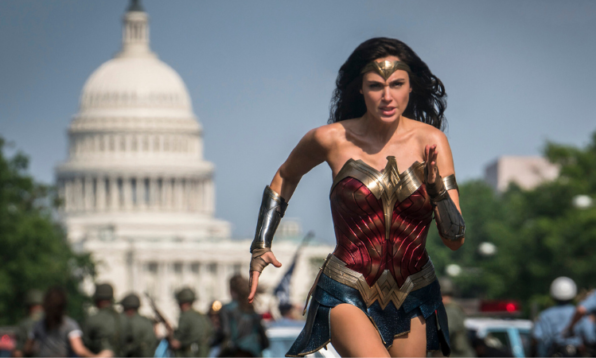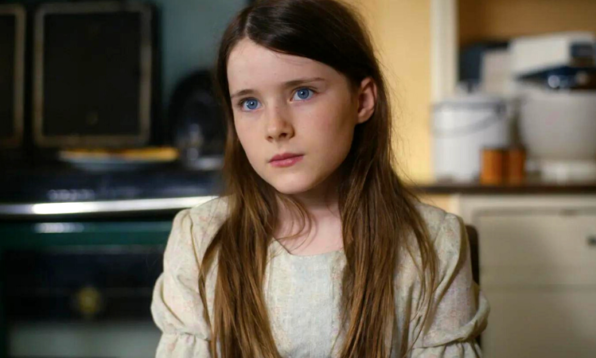Dignified healthcare is denied to far too many women, especially in smaller towns and villages. Even in metropolitan cities, despite all the education, dignity in healthcare for women is often lacking. To tackle this issue, NGOs, influencers, and actors have come together and mounted a social impact campaign called Khud Se Pooche.
The starting point of the Khud Se Pooche campaign

The whole campaign started with identifying how women feel undignified when it comes to healthcare. So, the campaigners started with a process called body mapping, where they asked the women to identify the parts of the body that feel violated when women go to healthcare facilities, or what part of the body feels safe in the context of healthcare. This became the starting point of conversation for the Khud Se Pooche campaign.
The second tool deployed was the “circle of your life”. Explaining this concept, Campaign Lead Gurpriya Singh said, “Where you start focusing on the self and that is what the campaign is about – khud se pooche; ask yourself! A lot of women came forward and said this is the first time anyone is asking me about myself. What the circle of life does is it places you in the centre and makes you ask questions like ‘do I feel loved?’, ‘do I have financial support?’, ‘do I get enough time for leisure?’.”
Another tool they deployed was a “privilege walk”, which was to identify what kind of privileges these women come from. Whether they come from single-parent households, do they have to pay rent, how do they place themselves in context to society?
Why choose to start this campaign in Bihar?
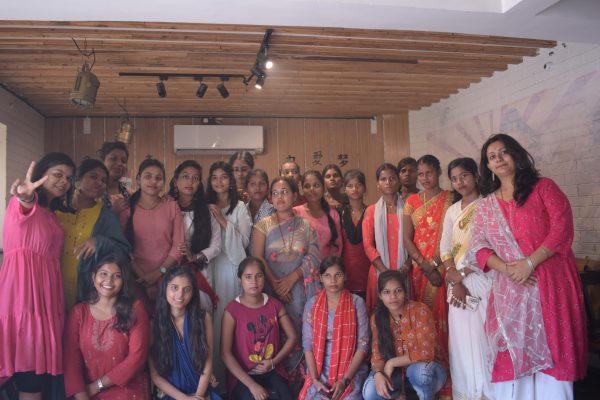
While this campaign could have been started in any part of the country, Gurpriya explained that Bihar was chosen because, according to the NFHS-F data, in Bihar, the female sterilisation rate is at 35 per cent, whereas the male sterilisation rate is at 0.1 per cent. Of the sterilised women, 70 per cent had their sterilisation operation in the public sector, primarily in a CHC/rural or a Block/PHC, government or municipal hospital. Only 30 per cent of the women had their sterilisation operation in private hospitals.
Additionally, in Bihar, around 58 per cent of users were only aware of one form of contraception. They were not educated by a health worker or a family planning worker about the other kinds of contraceptive methods they could use. Similarly, only 49 per cent of the people were told about the possible side effects or the problems with their chosen method and only 40 per cent were aware of what they could do in case they experienced any side effects. More importantly, half of the men in the age group of 15-49 in Bihar think that contraception is a woman’s business and men need not worry about it.
While the campaign may have started in Bihar, it found its way to other cities like Ranchi, Bokaro, and more. In fact, the movement also travelled across metros like Mumbai and Bengaluru organically and found a foothold there. “Though the campaign may have started at a certain place, it has resonance across the country”, added Gurpriya.
How did a safety pin become the symbol of dignified healthcare?

Gurpriya explained how women rallied together to choose an object that could symbolise dignity to them. The goal was to choose an object that was inconspicuous, but also something that held an important meaning. The team partnered with an anonymous artist, Princess Pea, to derive a symbol for this campaign. Through various workshops, women discussed numerous colours and objects they associated with before zeroing in on a safety pin. A safety pin, though a very small object, is a very powerful tool in the hands of a woman. Whether it is defending oneself from an attacker or patching up damaged clothing, the uses of a safety pin are varied. And these varied uses of safety pins make them the perfect symbol of dignified healthcare for the Khud Se Pooche campaign.
The safety pin further became a part of the pledge, #PassThePin. The #PassThePin initiative was meant to garner attention to the gender-based discrimination women face while accessing medical care. It is a unified call and a collective demand for safe spaces where women can get medical treatment free of judgement.
The Khud Se Pooche movement has garnered support from Dia Mirza, Manoj Bajpayee, Dr Trinetra Haldar Gummaraju and other content creators such as Oolfat, Astuti, and artist groups such as Princess Pea, La Pintura, BihArt, women-led groups such as Bihar Youth for Child Rights, Sakhi, Gaurav Grameen Mahila Vikas Manch, Center for Social Equity and Inclusion, Patna colleges, universities, and health institutions such as IGIMS and AIIMS Patna, among others.
Featured Image Source
Related: Boon Or Bane: Will Raising The Minimum Age Of Marriage To 21 Actually Help Indian Women?
